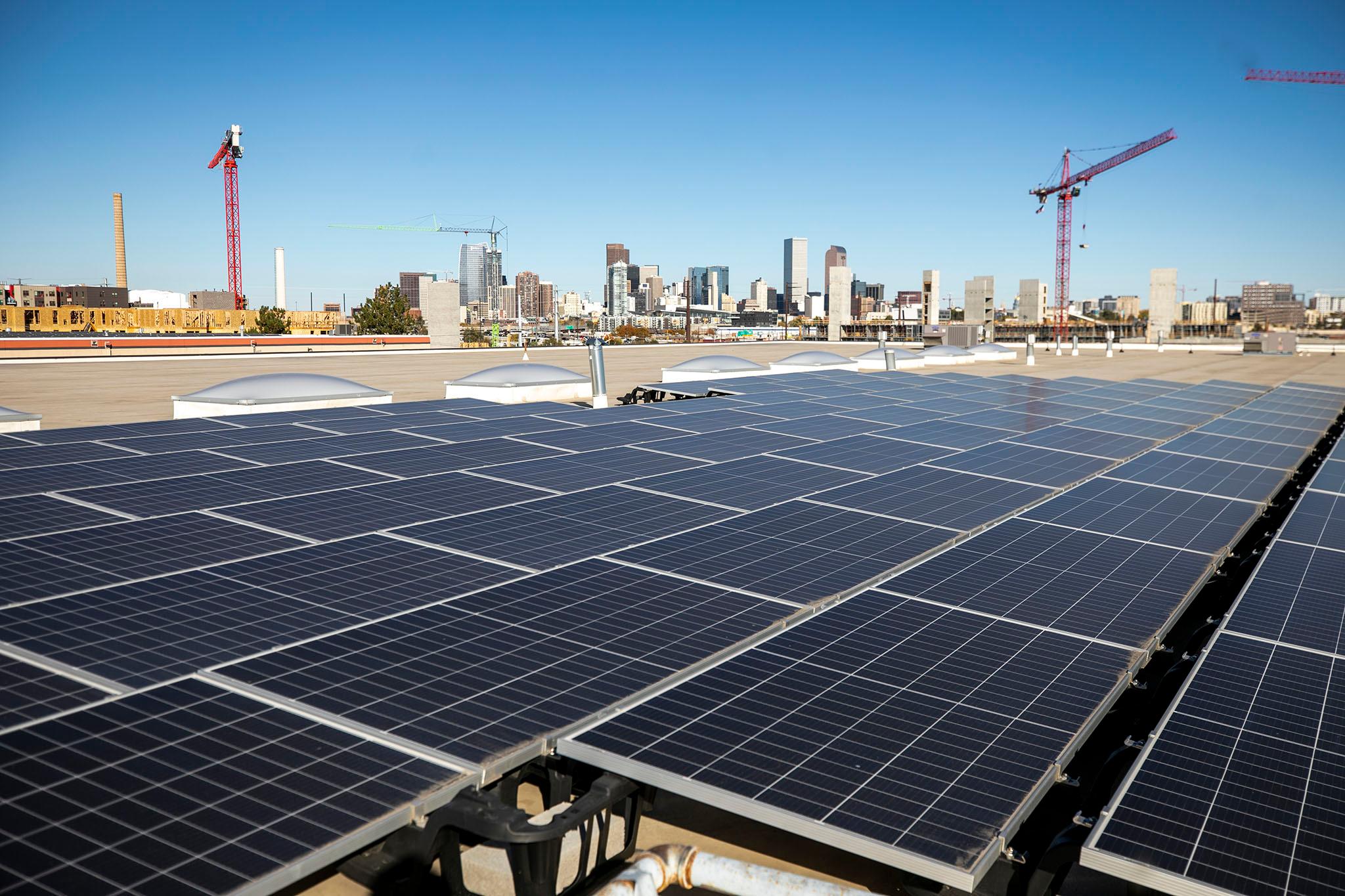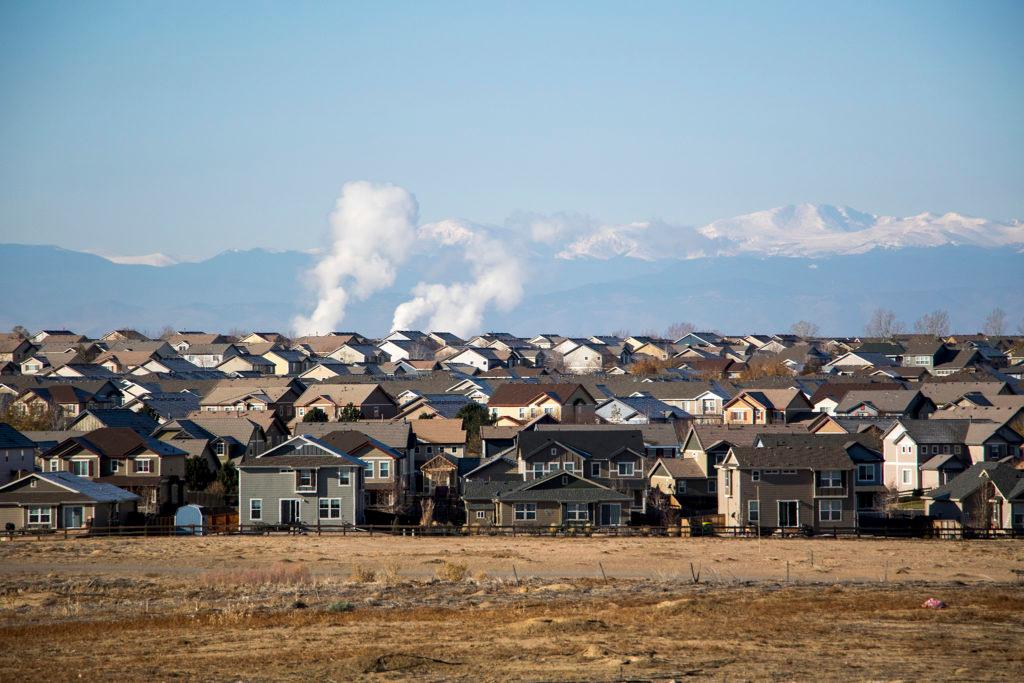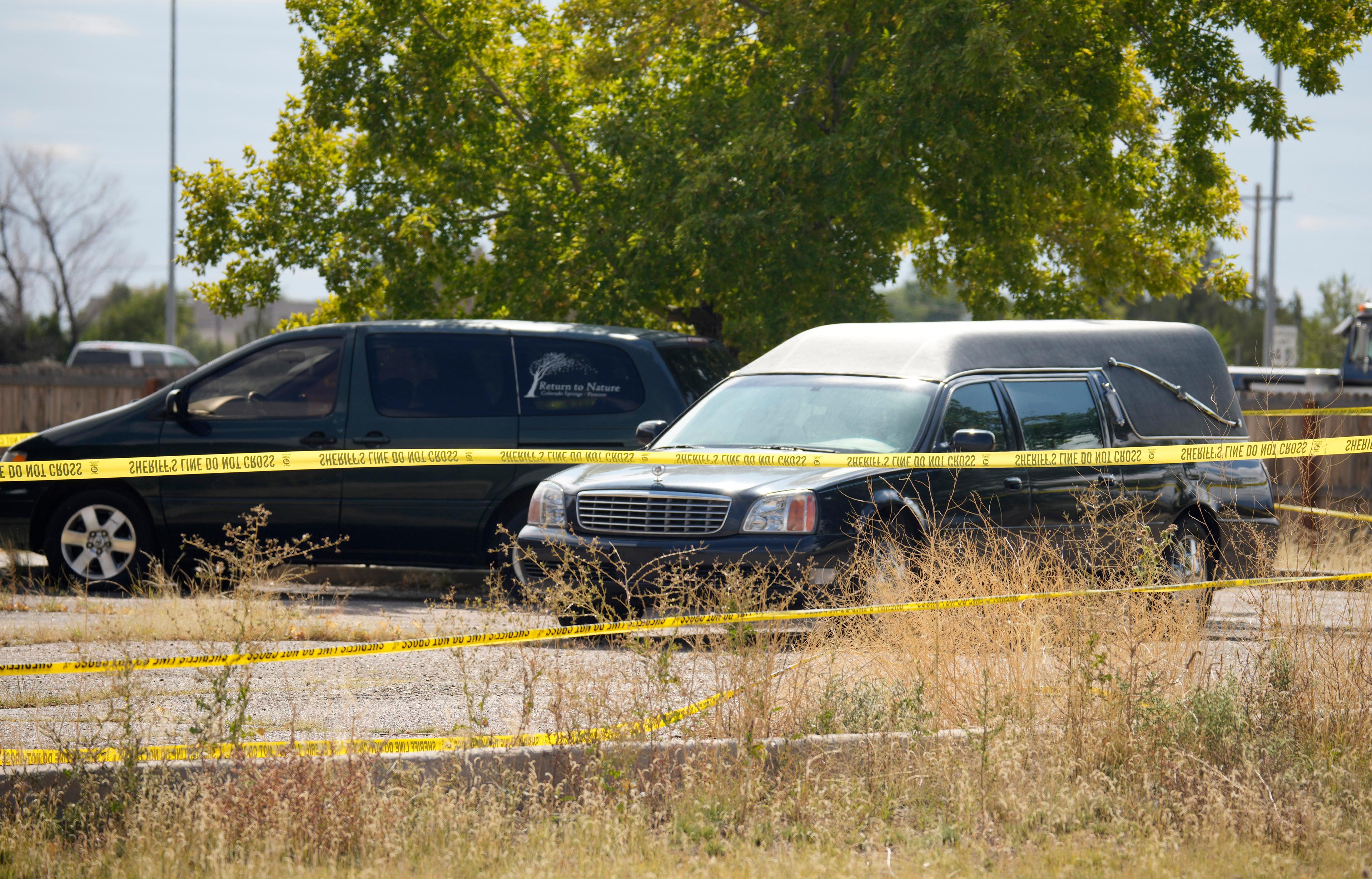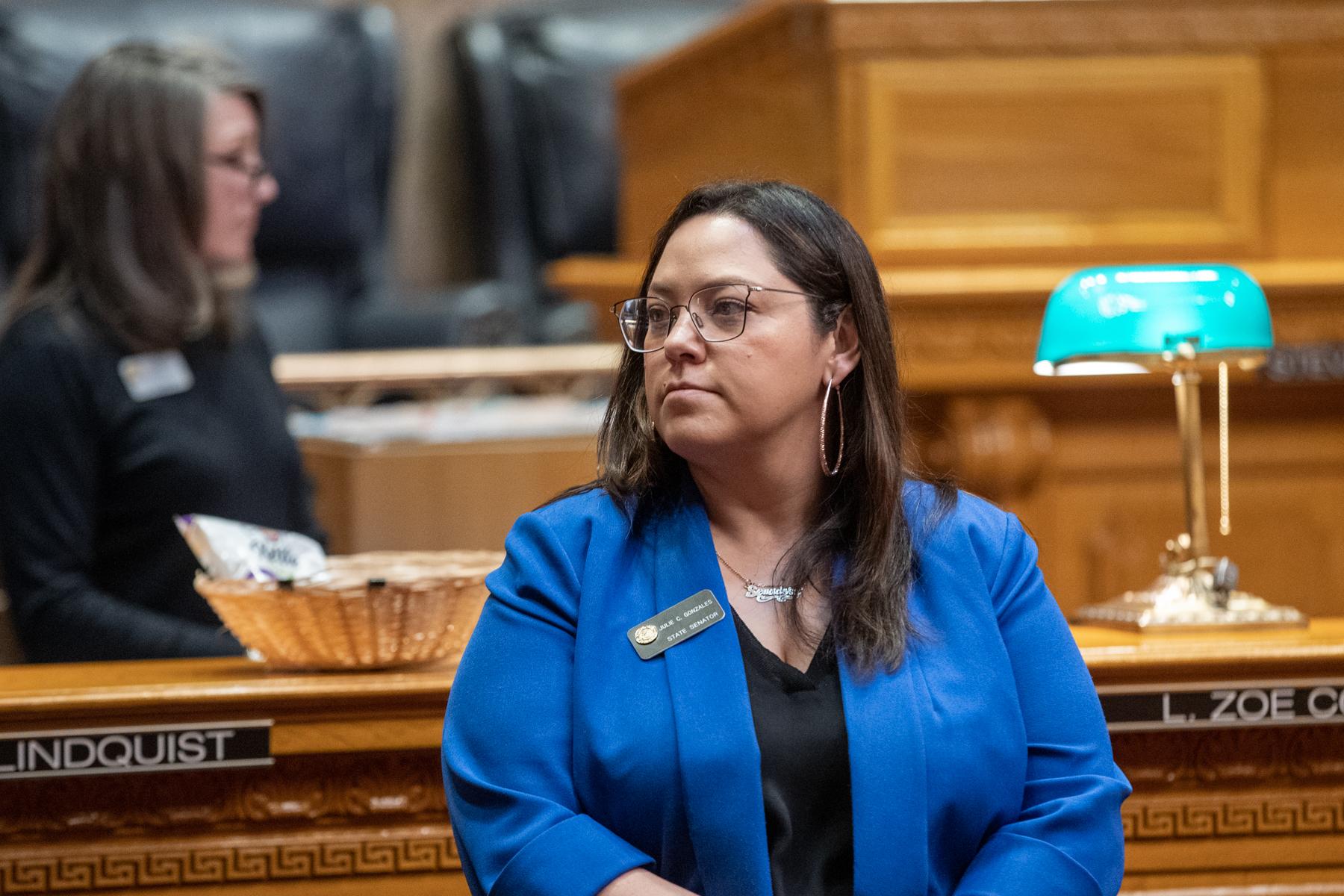
A new bill introduced in the Colorado Senate this week cautiously wades into a growing debate over community opposition to utility-scale wind and solar projects.
An early version of the legislation obtained by CPR News in February suggested Colorado lawmakers might limit local control over renewable energy projects. In recent years, other Democratic-led states have passed laws to expand state oversight over clean energy development to overcome local resistance and ensure a path to meeting state climate goals.
After months of behind-the-scenes debates in Colorado, the final proposal drops the threat of a state takeover in favor of a far more limited approach. The bill would require state agencies to compile a library of model codes and ordinances to govern wind, solar, energy storage, and transmission development. Local and tribal governments would face no legal obligation to adopt the standards.
The legislation also directs state biologists to help local governments determine whether a proposed project protects critical wildlife habitat.
“I’m trying hard to make sure this work does not become a partisan issue,” said State Sen. Chris Hansen, D-Denver. “I think that’s happened in other states, and I really want to work hard to make sure the same dynamic doesn't take hold in Colorado.”
The final version, however, has so far failed to soothe critics worried the state will limit local authority.
Kelly Flenniken, the executive director for Colorado Counties, Inc., which represents county governments in state-level political battles, recognizes that the bill doesn't do that, but she said, “It feels like the first step.”
Earlier this week, county officials on the advocacy group’s steering committee voted to oppose the bill in its current form. While Flenniken appreciates lawmakers' willingness to back off earlier proposals, she said the vote shows many county officials continue to see the plan as a solution in search of a problem.
“Local governments believe they’re doing a good job siting and permitting renewable energy projects,” Flenniken said.
The proposal comes after multiple studies have found that community resistance is one of the top reasons developers across the country have scrapped renewable energy projects over the last few years. Critics often argue that wind turbines are too tall and noisy, while solar projects cover otherwise valuable farmland with unsightly panels.
In response, some states have limited local power to ensure objections from towns, cities, and counties objections don’t derail efforts to confront climate change. Michigan, for example, approved a new law in 2023 giving its state utility commission the ability to approve large-scale renewable energy projects over objections from cities and counties. Illinois recently set statewide standards for local governments considering utility-scale wind and solar facilities.
A recent report from the Sabin Center for Climate Law at Columbia University suggests Colorado isn’t a hotbed for anti-renewables activism compared to other states. A growing boom in carbon-free electricity projects has nevertheless met opposition in some rural communities. Washington County approved strict restrictions on new wind and solar installations in 2021. A collection of local groups is also fighting Xcel Energy’s plan to build a $1.7 billion high-voltage transmission line that will encircle Colorado’s Eastern Plains to ferry carbon-free power to the Front Range.
A coalition of six air quality and environmental groups — Audubon Rockies, Clean Air Task Force, Conservation Colorado, The Nature Conservancy, Theodore Roosevelt Conservation Partnership, and Western Resource Advocates — has aligned behind the legislation. In a press release, the groups said the proposal provides a reasonable path for renewable energy amid a rising tide of development bans and restrictive zoning ordinances.
Severiano DeSoto, a policy advisor for Western Resource Advocates, said the bill will protect wildlife while helping achieve Gov. Jared Polis’ goal to transition to 100 percent renewable energy by 2040. To hit the target, a recent study commissioned by the Colorado Energy Office found the state must triple its total wind capacity and increase solar energy by a factor of five.
“A lot of the other pieces are intended to bring communities in and make sure they’re benefiting directly from those projects,” DeSoto said.
Renewable energy developers aren’t rushing to support the plan. In an emailed statement, Rikki Seguin, the executive director of the Interwest Energy Alliance — a group representing utility-scale renewable energy builders — told CPR News his organization is proud of its relationships with county commissioners and communities across Colorado and is currently seeking amendments.
“While we have outstanding questions and concerns with the bill, we're working in good faith with the parties to ensure the legislation helps and doesn't accidentally impede the clean energy transition,” Seguin said.









